How to Choose the Best Commercial Refrigerator for Your Kitchen
November 3, 2021
A commercial refrigerator is one of the largest pieces of industrial kitchen equipment you’ll need to buy, so research is essential. It’s important to choose the right size, manufacturer, and model that will best fit your needs. The right piece of equipment will streamline your team’s storage and prep, helping them to work effectively for years to come. As you’re deciding on a commercial refrigerator, reflect on the following guidelines to find the best commercial kitchen refrigeration system for you.
1. Get a sense of your cold storage needs.
You’re probably considering buying a new commercial refrigerator for one of two reasons. Either you’re starting a new restaurant and need to install refrigeration or your current refrigerator is broken
or too small. In either case, you want to buy a cooler that will fit your space and work well for years to come. The key to doing this is to calculate your cold storage needs. If you’re outgrowing your current refrigerator, take note of how many cubic feet it is. Is your current inventory a little crowded, or do you have room to move around? After you’ve figured out the rough cubic storage you’ll need, add a little extra to your estimate. Demand for your product could grow, and it’s better to have more cold storage than less. Crowding a refrigerator with product can hamper air flow, which will freeze up a unit. Ample space will help keep the ambient temperature of the commercial refrigerator steady.
2. Consider buying a pre-owned commercial kitchen refrigerator.
Buying secondhand can save you hundreds of dollars
on commercial kitchen equipment without sacrificing performance. The restaurant industry has extremely high turnover, and commercial kitchens can shut down due to mismanagement, inexperience, location, or consumer preferences. In an industry that moves quickly, barely-used equipment is often sold to pay back investors if a restaurant closes. With a little shopping and asking your connections, you can find like-new equipment that is in good working order at a serious discount. Check online regularly and attend equipment auctions. If you can, inspect the equipment before you buy it so that you can get a better sense of the age and condition of the unit. An authorized service agent may be able to inspect the refrigerator and give feedback on its functioning.
3. See if the unit can be fixed.
Before you buy, check with a reputable commercial kitchen repair company to see if your old refrigeration unit can be repaired. Even if you have a very old model, some repair companies also stock parts for older or vintage equipment. Or, the repair service may know of a machine that’s recently been retired from which they could source parts. While you may need to replace your equipment eventually, a repair can keep your unit running while you work on saving for and sourcing a new piece of equipment.
4. Choose a reputable manufacturer.
There are hundreds of commercial refrigeration manufacturers, each with its own strengths and weaknesses, so it can be difficult to determine what company to choose. Once you’ve chosen a manufacturer, you have to consider many of the different models they offer, which can make the choice even more confusing. If you work with a trusted commercial kitchen repair service, see if you can speak to your service technician about the brands and models they trust most. If they have years of experience repairing refrigerators, they know which brands they’re constantly fixing and which manufacturers only need yearly service check-ups. Their expertise can guide you as you make an expensive investment in your restaurant.
5. Measure twice, buy once.
Before buying a commercial refrigerator, carefully consider the physical space you have available for the unit. Remember to measure the depth, width, and height of both the space and the unit itself. Keep in mind that you don’t necessarily want to choose the largest refrigerator that will physically fit in the allotted space. You’ll want to provide extra room around the unit for several reasons. First, you’ll need to make sure there’s space to open and close the doors. Second, consider the extra space you may need for water hookups and electric lines; plus, the unit needs room to breathe to properly discharge heat. Finally, think about how much additional space someone servicing the unit may need. Allowing ample “wiggle room” around your refrigerator will make long-term maintenance much easier.
Need help choosing a commercial refrigerator?
We’ve helped businesses of all types choose a refrigerator that fits their commercial kitchen needs. Need help choosing yours? Reach out to us for our expert advice—gained over our 30 years of experience servicing commercial kitchen equipment. Once you’ve found the right unit, it’s essential to schedule regular planned maintenance to prevent any major issues from occurring. Call us today for a service appointment or to receive a planned maintenance quote.
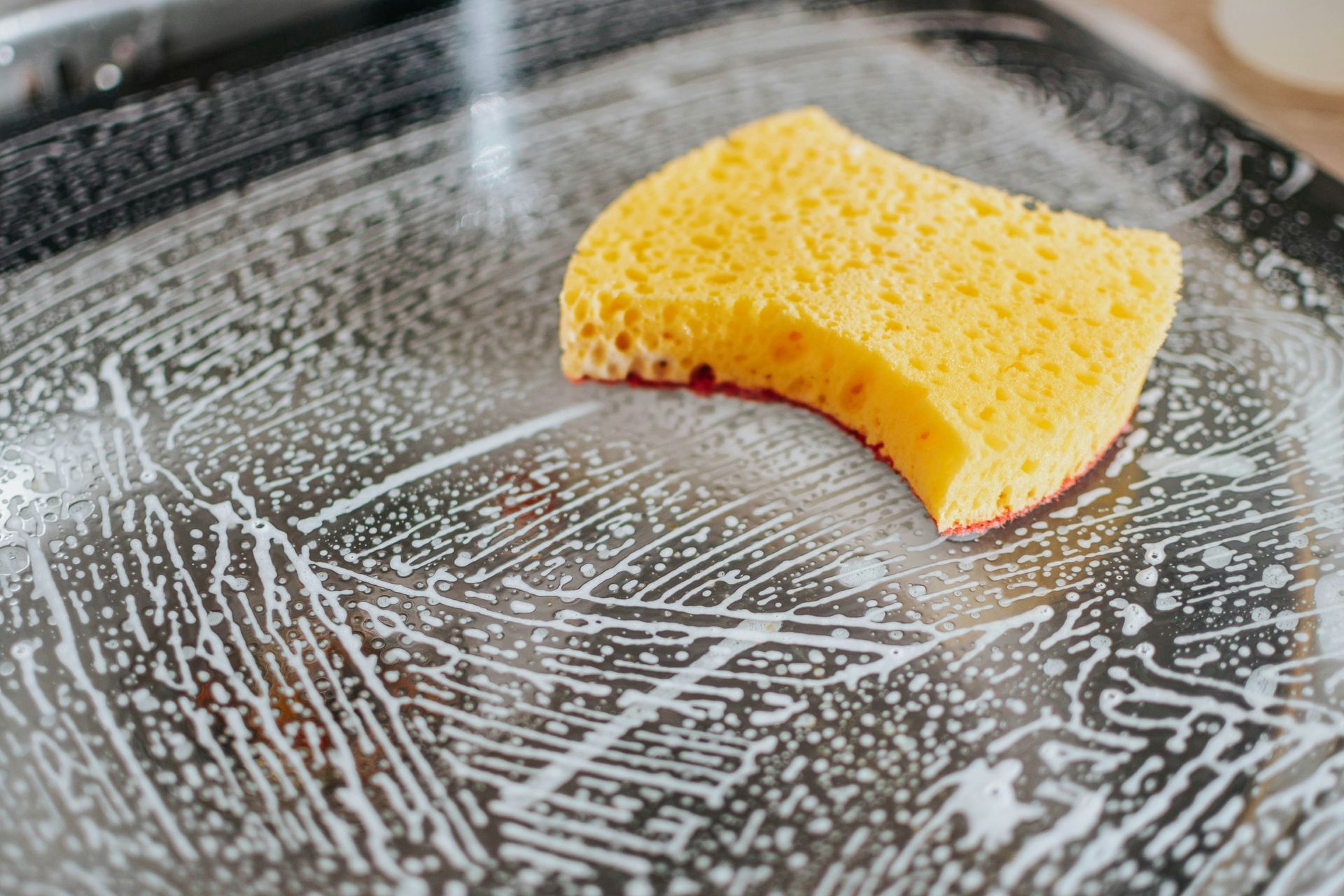
As the season changes and springtime blooms, it's the perfect opportunity to refresh and rejuvenate your restaurant space. Spring cleaning isn't just about tidying up; it's about ensuring a safe, welcoming environment for your patrons and staff. In this blog post, we'll explore some essential tips and best practices for restaurant cleanliness in the springtime. Embrace Deep Cleaning : Spring cleaning is the ideal time to tackle those deep cleaning tasks that may have been neglected during the busier seasons. From scrubbing floors and walls to deep cleaning kitchen equipment, thorough sanitation ensures a hygienic environment for food preparation and service. Focus on High-Traffic Areas : Pay special attention to high-traffic areas such as dining areas, restrooms, and entryways. These areas are prone to accumulating dirt, dust, and germs, making regular cleaning essential for maintaining a pristine appearance and preventing the spread of illness. Refresh Outdoor Spaces : If your restaurant has outdoor seating areas, spring is the perfect time to freshen them up. Clean outdoor furniture, sweep away debris, and power wash outdoor surfaces to create an inviting atmosphere for al fresco dining. Check and Replace Equipment Filters : Don't forget to inspect and replace filters in HVAC systems, refrigeration units, and ventilation hoods. Clean filters help maintain air quality and prevent the buildup of contaminants, ensuring a healthy indoor environment for both customers and staff. Engage Staff in Cleaning Initiatives : Encourage staff members to take pride in the cleanliness of the restaurant by involving them in spring cleaning initiatives. Assign specific tasks and provide training on proper cleaning procedures to ensure consistency and effectiveness. Implement Regular Maintenance Schedule : Establish a regular maintenance schedule to keep up with cleaning tasks throughout the year. By incorporating daily, weekly, and monthly cleaning routines, you can maintain a high standard of cleanliness and prevent the accumulation of dirt and grime. Invest in Quality Cleaning Products : Choose cleaning products that are effective yet environmentally friendly. Look for products that are certified as safe for use in foodservice establishments and follow manufacturer recommendations for proper application and usage. Monitor and Adjust Cleaning Protocols : Continuously monitor cleaning protocols and adjust as needed based on feedback, customer traffic, and changing regulations. Regular evaluation ensures that your cleaning practices remain effective and in compliance with industry standards. Spring cleaning is an essential aspect of restaurant maintenance that goes beyond just aesthetics. By implementing thorough cleaning routines, engaging staff members, and investing in quality cleaning products, you can create a safe, hygienic environment that enhances the dining experience for your customers and promotes a healthy work environment for your staff. As you embark on your spring cleaning journey, remember that ATECH is here to support you with a wide range of cleaning and maintenance solutions tailored to meet the unique needs of your restaurant. Happy spring cleaning!

Winter is here, and at ATECH, we understand the unique challenges businesses face in keeping their commercial equipment running smoothly during the colder months. In this comprehensive guide, we'll delve into the strategies, tips, and success stories that can help your business navigate winter effortlessly. From equipment maintenance to emergency services, consider this your go-to resource for mastering winter with ATECH. Winter Equipment Maintenance Tips Checklist for Winter-Ready Equipment: Inspect Seals and Gaskets : Ensure a tight seal to prevent cold air leakage. Check Insulation : Evaluate the insulation of walk-in coolers and freezers. Clean and Sanitize : Thoroughly clean and sanitize all equipment surfaces. Temperature Adjustment : Set optimal winter temperatures for each piece of equipment. ATech Maintenance Tips for Different Equipment: Fryers and Grills : Clean and inspect burners for efficient operation. Ice Machines : Check water lines for insulation and replace filters regularly. Heating Systems : Schedule preventive maintenance to optimize efficiency. Electronic Equipment : Keep spaces well-heated and clean to prevent malfunctions. Businesses often grapple with specific equipment failures that can disrupt operations. ATECH understands the challenges posed by heating system malfunctions, electronic equipment performance, and other issues during the colder months. To tackle these common winter-related failures, businesses should prioritize preventive measures. Regular heating system maintenance checks and air filter replacements can prevent malfunctions. For electronic equipment, maintaining ambient room temperature and conducting routine cleaning are key strategies to ensure optimal performance throughout winter. ATECH's Winter Services: A Lifeline for Your Business Winter demands a proactive approach to equipment maintenance, and ATECH stands as the lifeline for businesses navigating the challenges of the season. Our comprehensive winter services go beyond mere repair and include prompt equipment repairs, planned maintenance, and emergency services. With a commitment to same-day service for urgent winter emergencies, ATECH ensures that businesses can rely on swift resolution during critical times. What sets us apart is our team of factory-trained and CFESA-certified technicians, offering not just reliability but a dedicated partnership to keep your business running smoothly through the coldest months. Trust in ATECH, your lifeline in the winter business landscape. Winter doesn't have to be a season of uncertainty for your business. With ATECH by your side, you have a reliable partner dedicated to providing top-notch equipment repairs and maintenance services. Master winter with confidence, knowing that our comprehensive guide and expert services are here to support your business every step of the way. For personalized winter readiness assessments and expert guidance, contact ATECH today. Let's navigate winter together, and keep your business thriving.


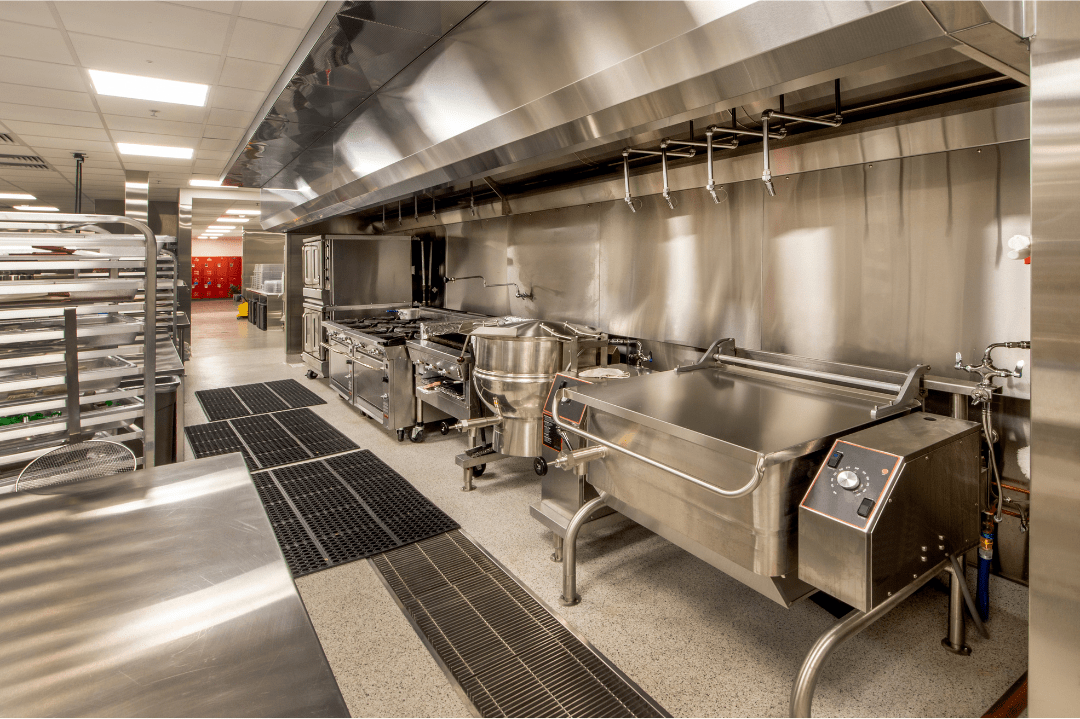
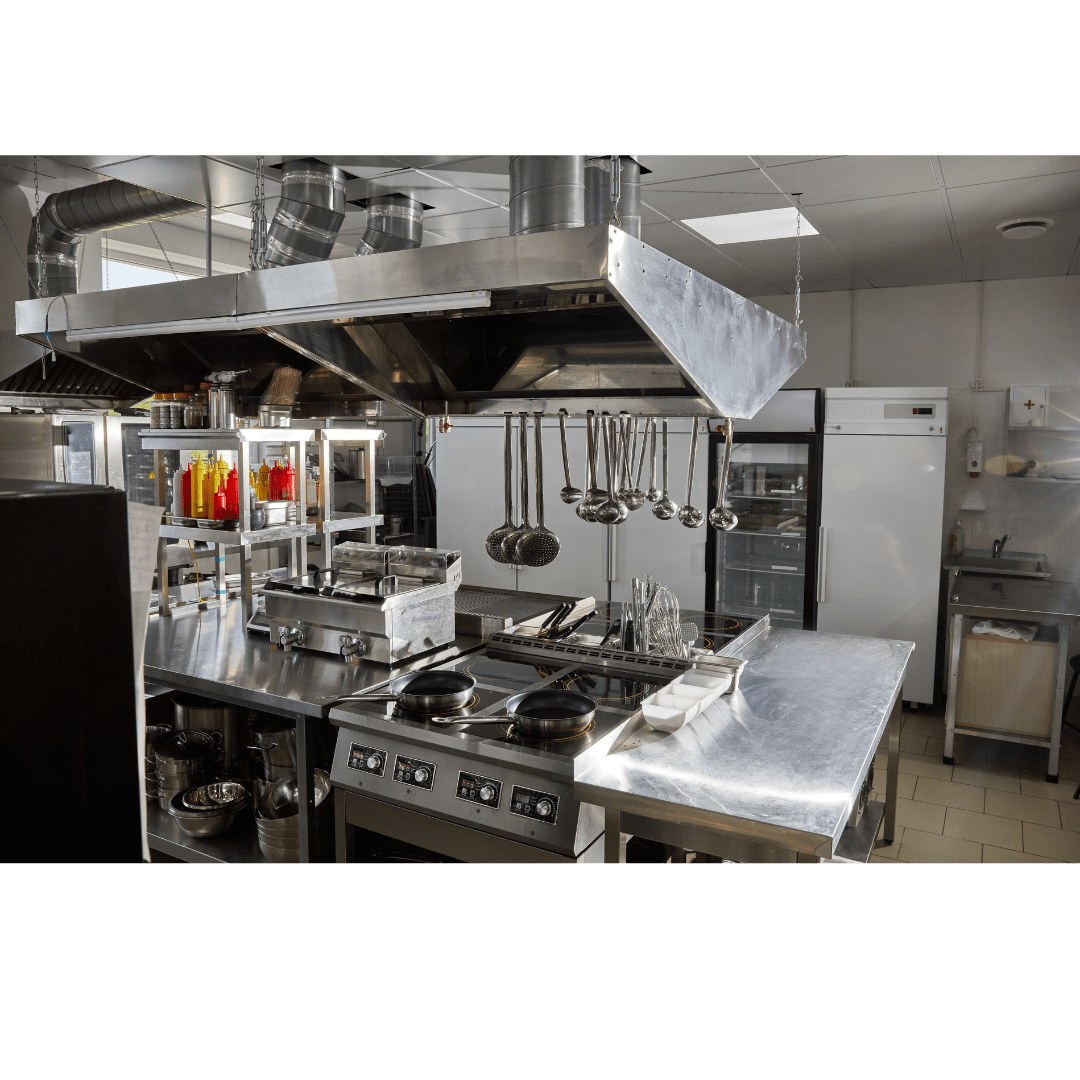



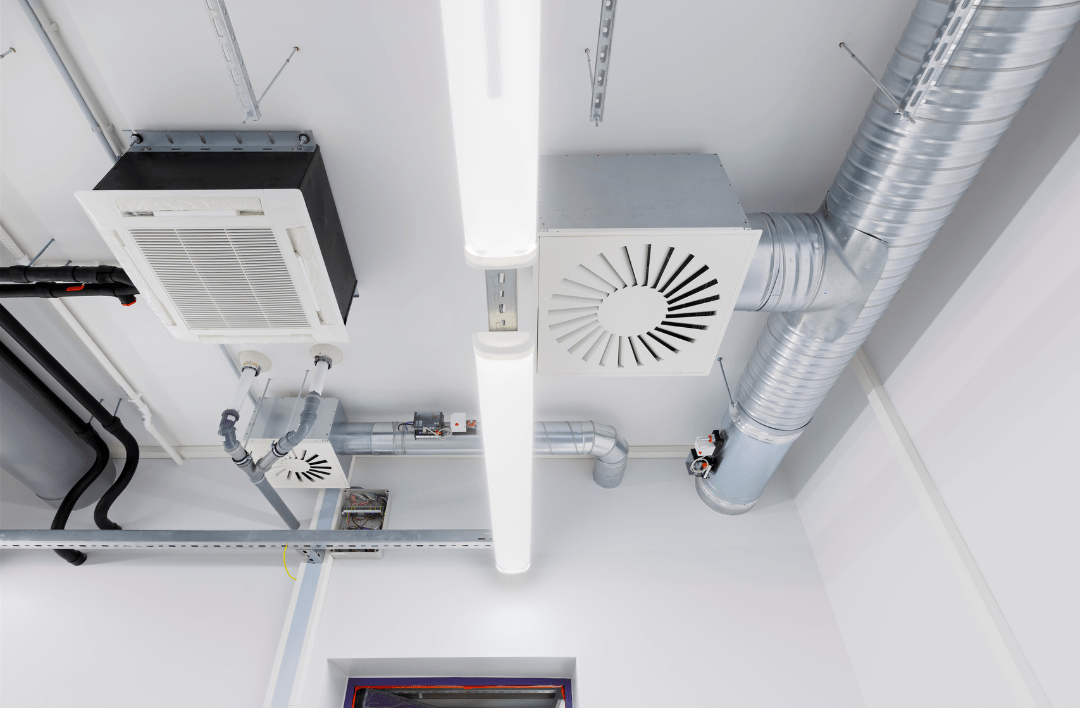
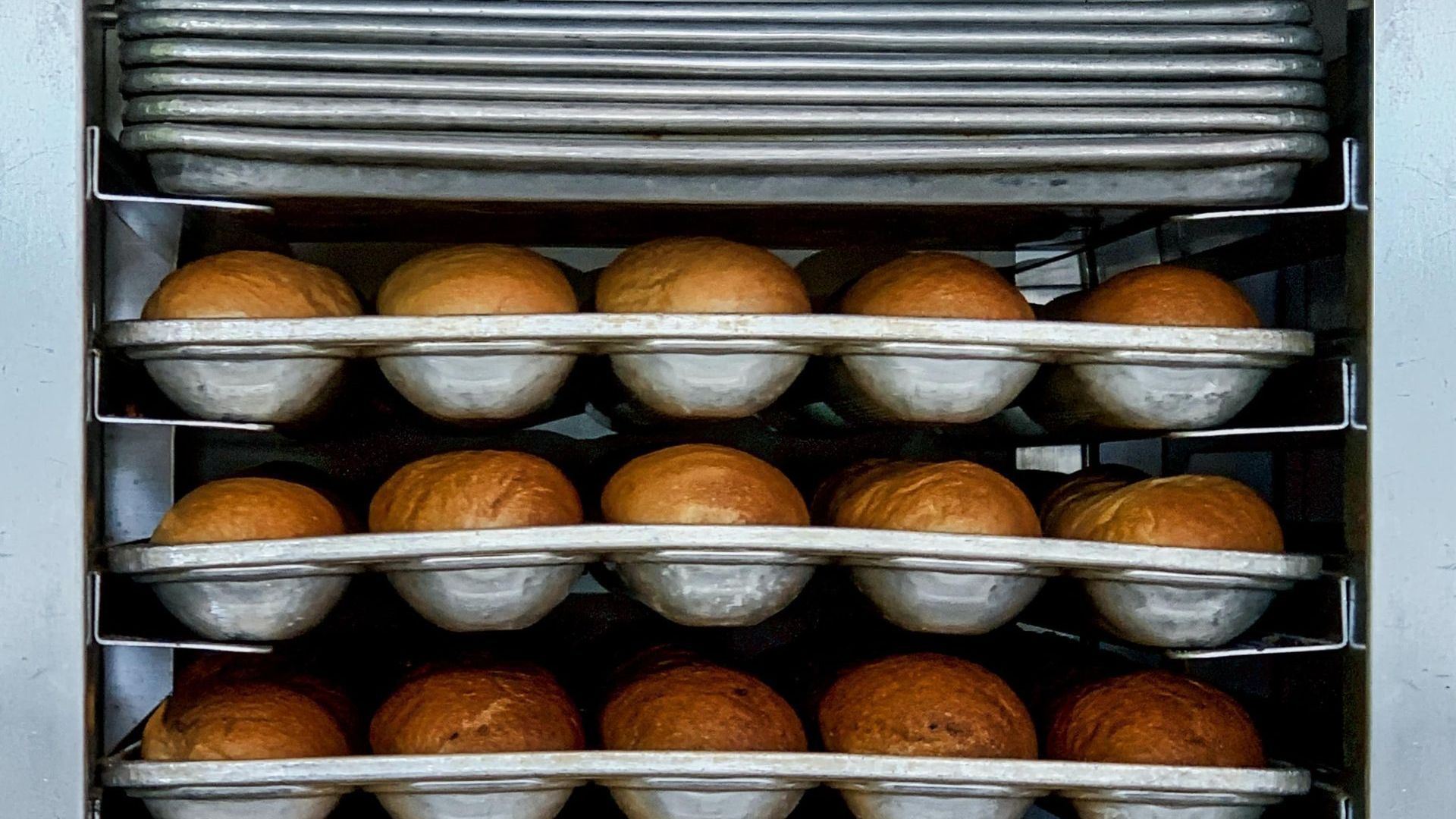
Share On: